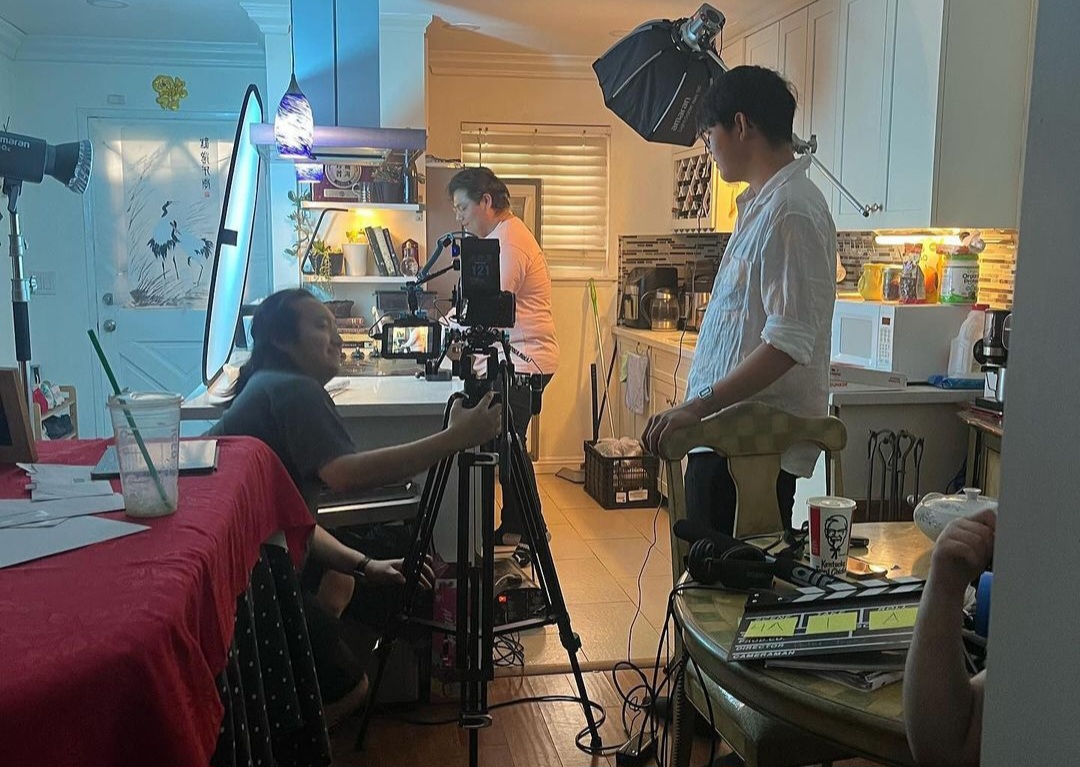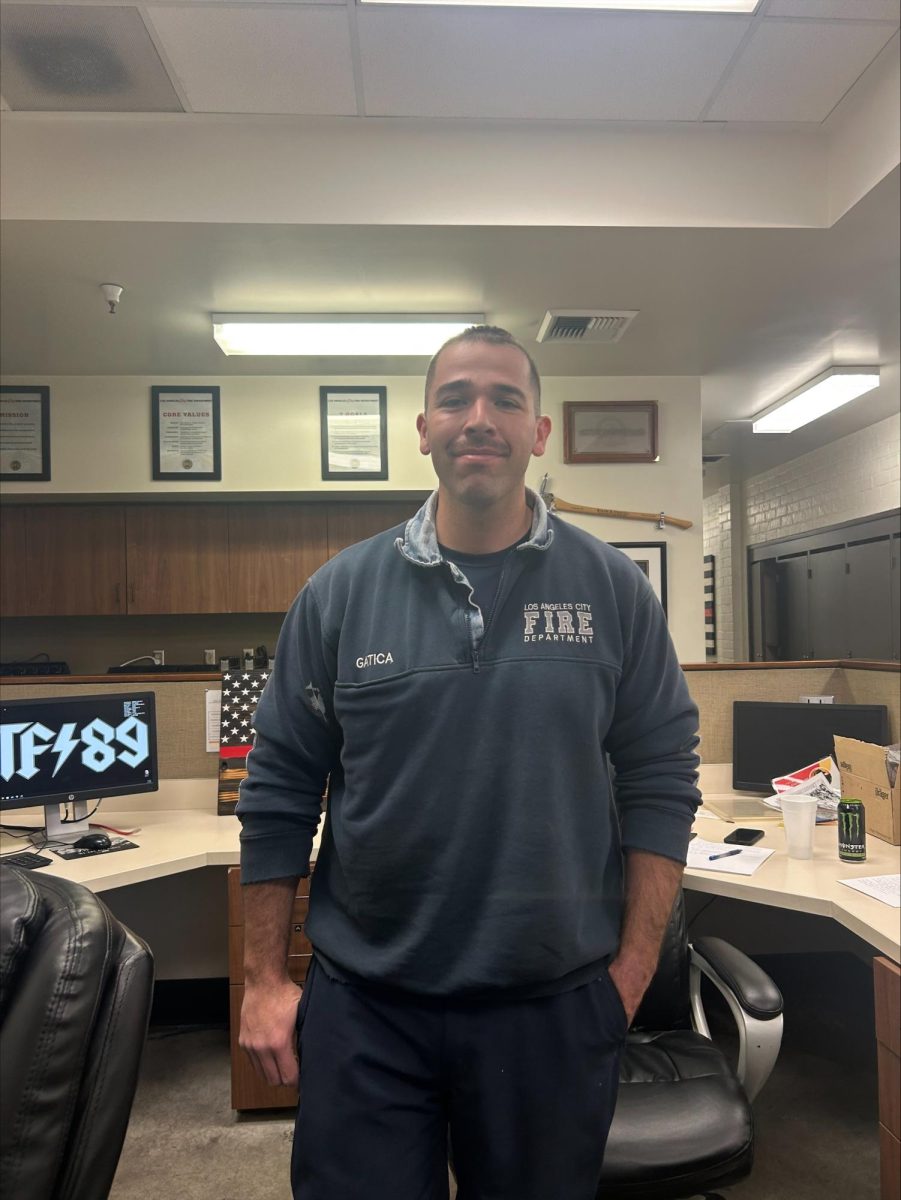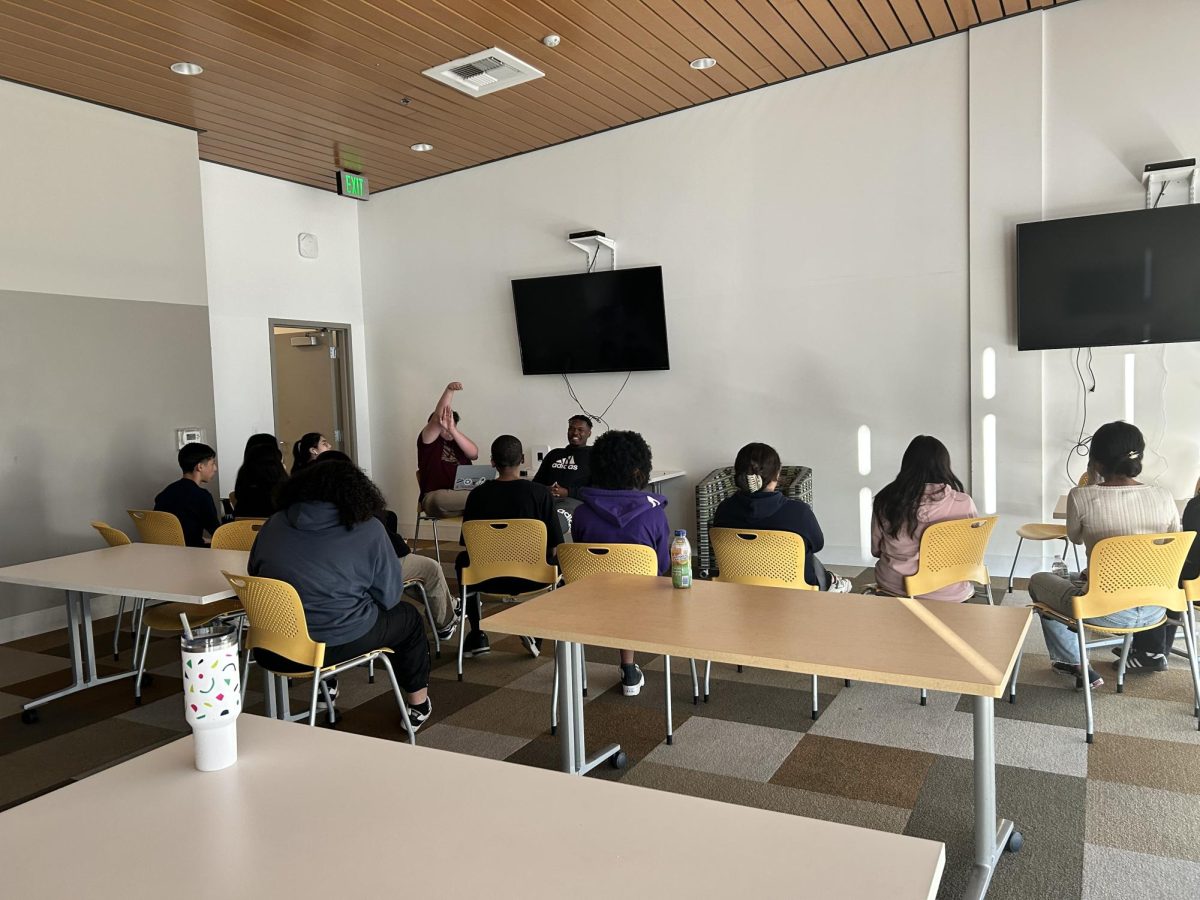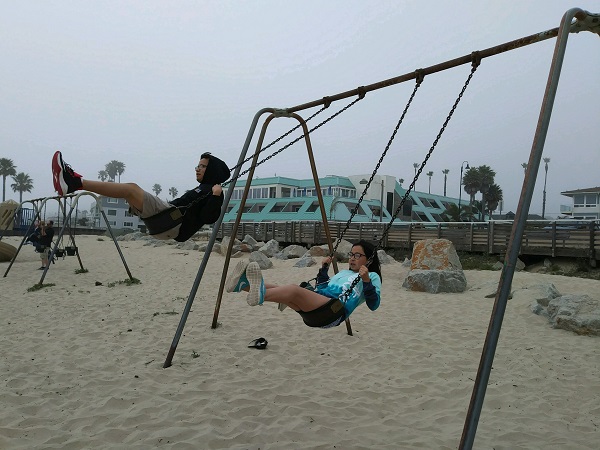Janet Morales was working at the Central Inn Motel in South Los Angeles in early January when a guest started getting aggressive and talking loudly, scaring her. So, she called the police and figured they’d arrive any minute.
After all, the station is just a couple of blocks away.
Minutes pass. No police. Five minutes, 10 minutes, 20 minutes. No police.
She said when the police arrived, 1.5 hours later, the guest had already left.
“I felt they were useless. When I needed them, they didn’t show up in time,” Morales said.
Morales and other residents and employees in the Central Alameda area expressed similar frustrations about crime in general and specifically, about police response times. Representatives of the Los Angeles Police Department could not be reached despite a call and email. But an officer at the Newton Division station, where Morales called, pointed out that the station is small but busy.
The officer, who referred the UT to LAPD media relations for official interviews, said he was recently transferred to Newton from the Hollywood division. He estimated that the division gets about 50 phone calls during the day and 70 people “coming in to report.”
Experts say that response times to 911 calls can vary based on how big a city is geographically, how many officers work for the police department, how many calls it gets and most importantly, how urgent the reported crime is.
“True emergencies, of course, require a rapid response (e.g., crimes in progress, accidents with injury),” according to a Department of Justice manual for agencies looking to create their own police departments. “But citizens must also understand that few police agencies today can afford to dispatch an officer immediately to every call, or even to every crime-related call.”
What’s more, the number of calls the police get can be inflated by unintentional calls that typically have to be responded to by calling the person back just in case it was a real emergency. “Pocket dials” or other false 911 calls “draw police resources away from actual crimes underway,” according to a 2016 Christian Science Monitor story.
Still, Los Angeles Police Department’s response times are considered strong, according to an article in Safe Smart Living, which researches security trends.
“Los Angeles tops our list for most responsive city with a reported average police response time of 5.7 minutes. This is significantly better than that reported by any other city we researched,” according to a 2019 article on the safety website.
Armando Viveros, a McDonald’s department manager, lives and works in the Central Alameda neighborhood. He said he has had mixed experiences the five or six times he has had to call the police on homeless people in the restaurant “not listening and then becoming aggressive.”
“They transfer us, and they don’t pick up,” he alleged, adding that about half the time, the call “didn’t go through.”
Viveros said the latest police arrived was 30 minutes: “I don’t see the point of them being around here if they won’t be here on time.”







